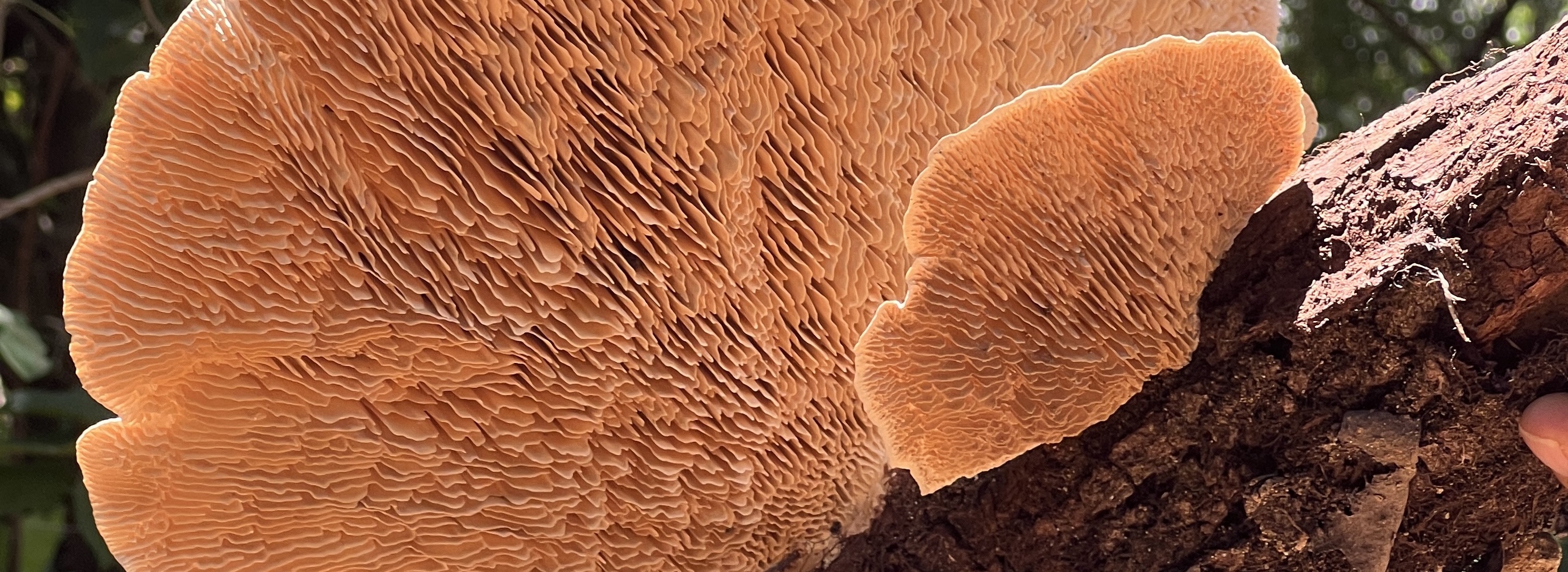
Monteverde Institute: Tropical Ecology and Conservation
Alternative Title
Especificidad entre ectoparásitos y ratones en Monteverde, Costa Rica
Files
Download Full Text (427 KB)
Publication Date
12-15-2017
Abstract
To determine if there is species specificity between ectoparasites and their host rats, I set up Sherman traps in various locations in Monteverde to capture rats. Once I obtained the rats I removed any ectoparasites present and observed them under a dissecting microscope for morphological characteristics. Species specificity is defined for this study as the prevalence of a certain type of ectoparasite to a specific species of rat. From my results, I determined that there is species specificity between ectoparasites and their host rats. Lice were species specific to the Cloud-dwelling Spiny Pocket Mouse, fleas to the Mexican Deer Mouse, ticks to the Fulvous Pygmy Rice Rats and Mexican Deer Mouse. Yellow mites were species specific to the Mexican Deer Mouse, Watson’s Climbing Rat, and Cloud-dwelling Spiny Pocket Mouse. Red mites were specific to the Fulvous Pygmy Rice Rat. Brown mites and octopus mites were specific to the Alston’s Singing Rat. The Hispid Cotton Rat that was caught contained no ectoparasites. The presence of pseudoscorpions in the Spiny Pocket Mouse further introduced a new variable that can potentially explain this species specificity, at least partially, for its predation on some ectoparasites. Hair morphologies of the rats were further examined in an attempt to explain the mechanism behind the species specificity.
Resumen
Para evaluar la especificidad entre ectoparásitos y ratones, dispuse trampas Sherman en varios sitios de Monteverde, para capturar ratones y registrar sus ectoparásitos. Observé las características morfológicas de los ectoparásitos bajo el estereoscopio y los identifiqué en morfo tipos. Definí “especificidad” como la prevalencia de cierto tipo de ectoparásito en alguna especie de ratón. De mis resultados, determiné que sí hay especificidad entre ectoparásitos y grupos de ratones hospederos. Encontré piojos en ratones de abazones (Heteromys nubicolens), pulgas en ratones de patas rosadas (Peromyscus mexicanus), garrapatas en ratones arroceros (Oligoryzomys fulvescens) así como también en ratones de patas rosadas. Encontré ácaros amarillos en ratones de patas rosadas, rata trepadora (Tylomys watsoni) y ratones de abazones. Los ácaros rojos fueron específicos de ratones arroceros. Los ácaros cafés y tipo pulpo fueron específicos del ratón cantante (Scotinomys teguina). El único ratón algodonero híspido (Sigmodon hispidus) que atrapé no tenía ectoparásitos. La presencia de pseudoescorpiones en uno de los ratones de abazones introduce una nueva variable que podría explicar la especificidad que encontré, al menos parcialmente, por su depredación sobre algunos ectoparásitos. La morfología del pelo de los ratones fue examinada más a fondo, pues podría explicar la especificidad en ciertos casos.
Keywords
Rats, EAP Fall 2017
Palabras claves
Ratas, EAP Otoño 2017
Extent
12 pages
Geographic Location
Monteverde (Puntarenas, Costa Rica)
Holding Location
Monteverde Institute
Language
English; Spanish
Media Type
Articles
Format
Digital Only
Identifier
M39-00639
Type
Book
Recommended Citation
Dao, Kathy, "Species specificity between ectoparasites and rats in Monteverde, Costa Rica, December 15, 2017" (2017). Monteverde Institute: Tropical Ecology and Conservation. 649.
https://digitalcommons.usf.edu/tropical_ecology/649


